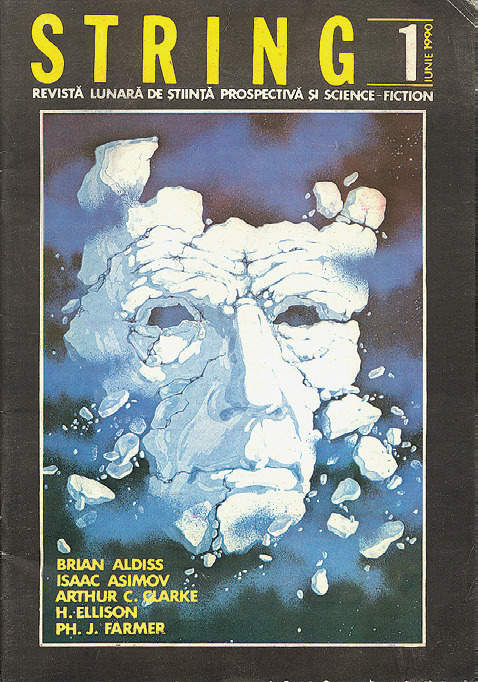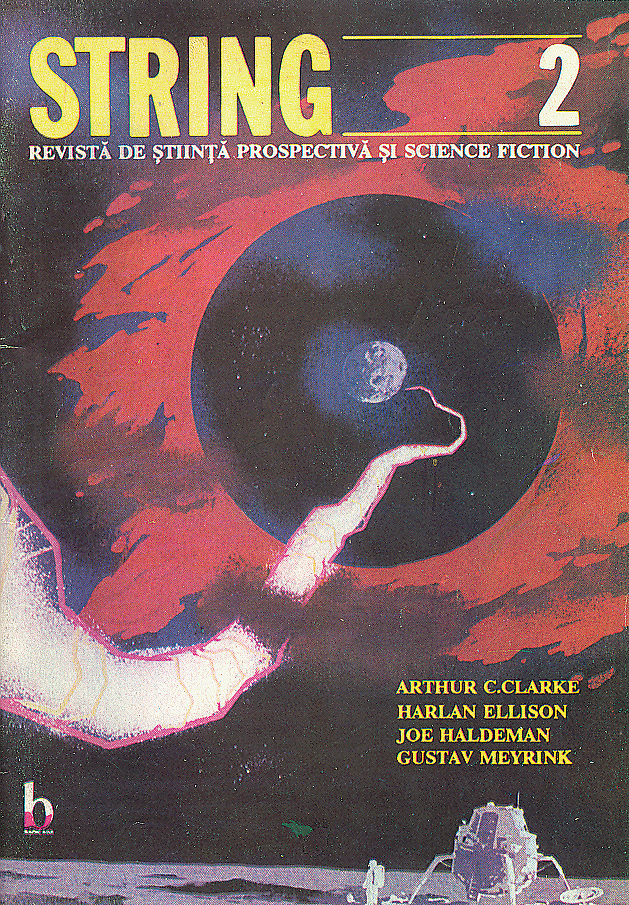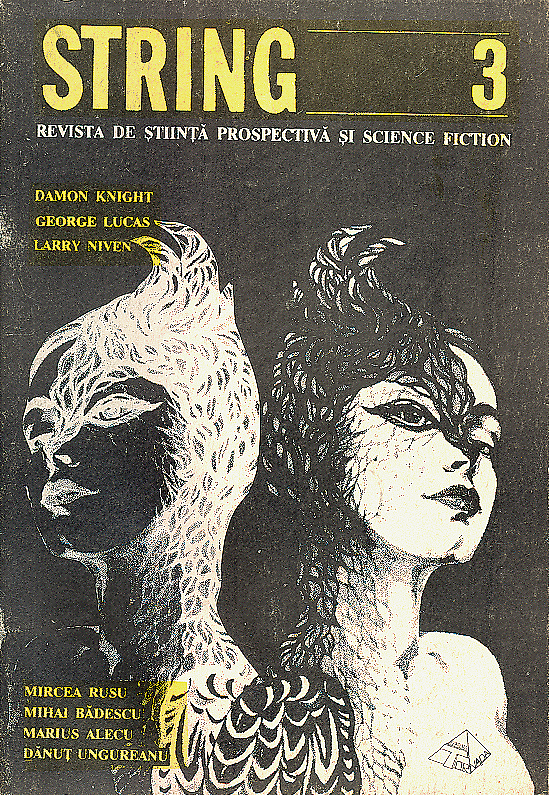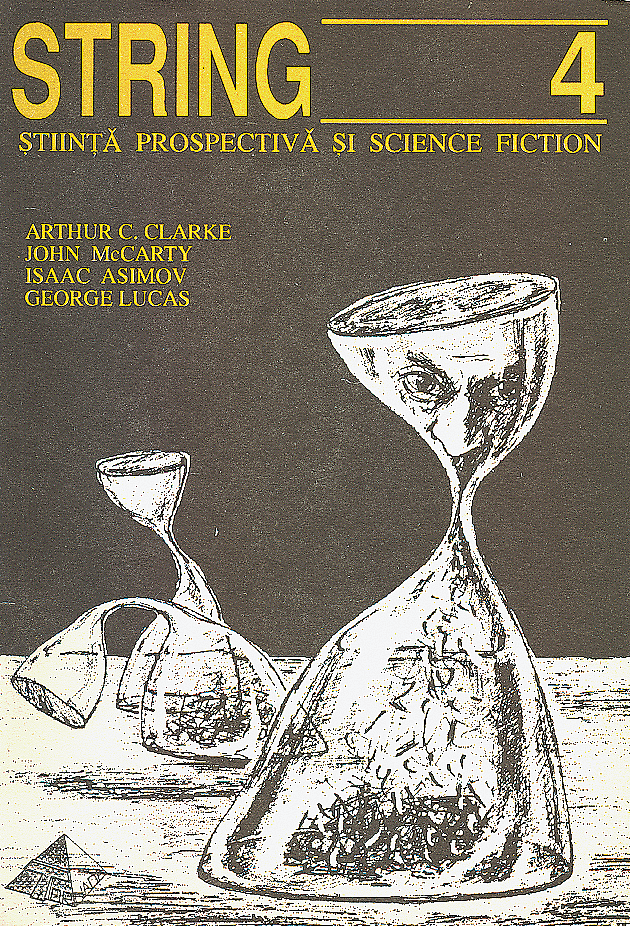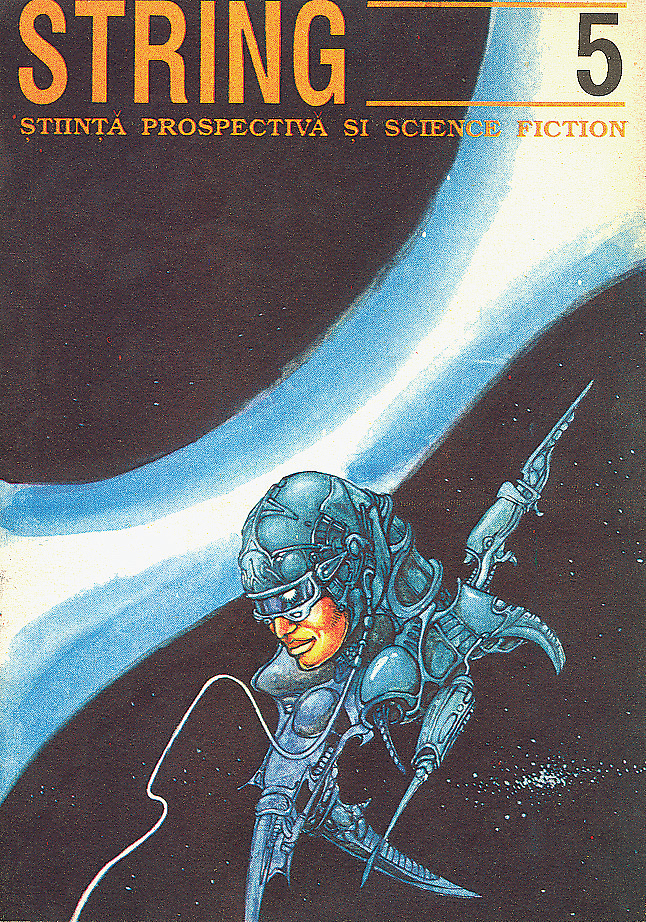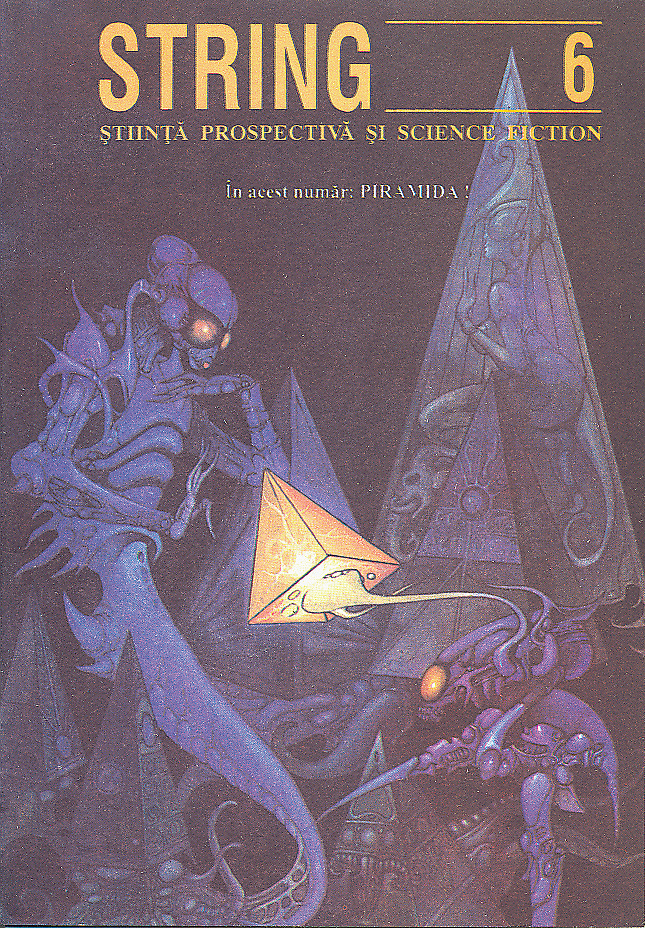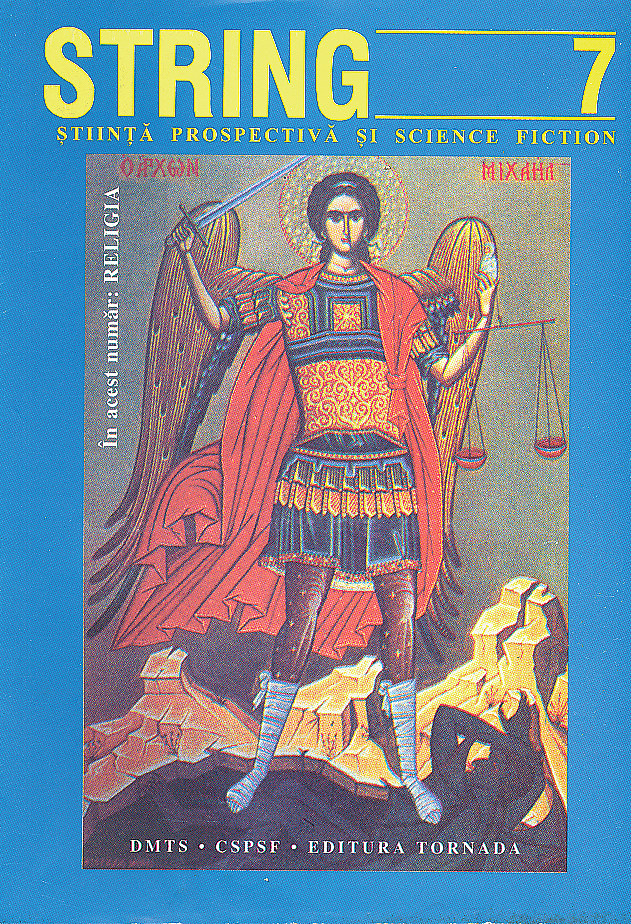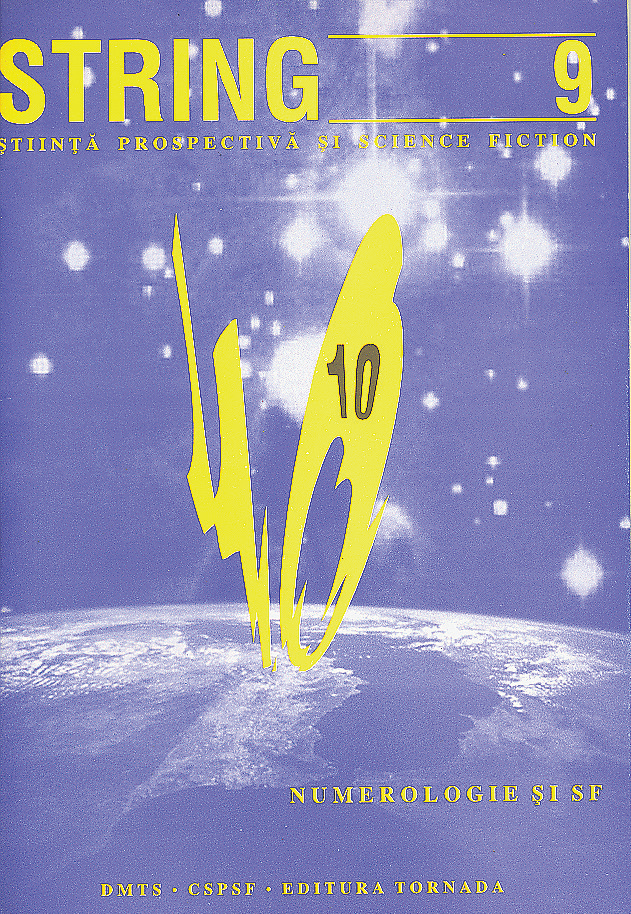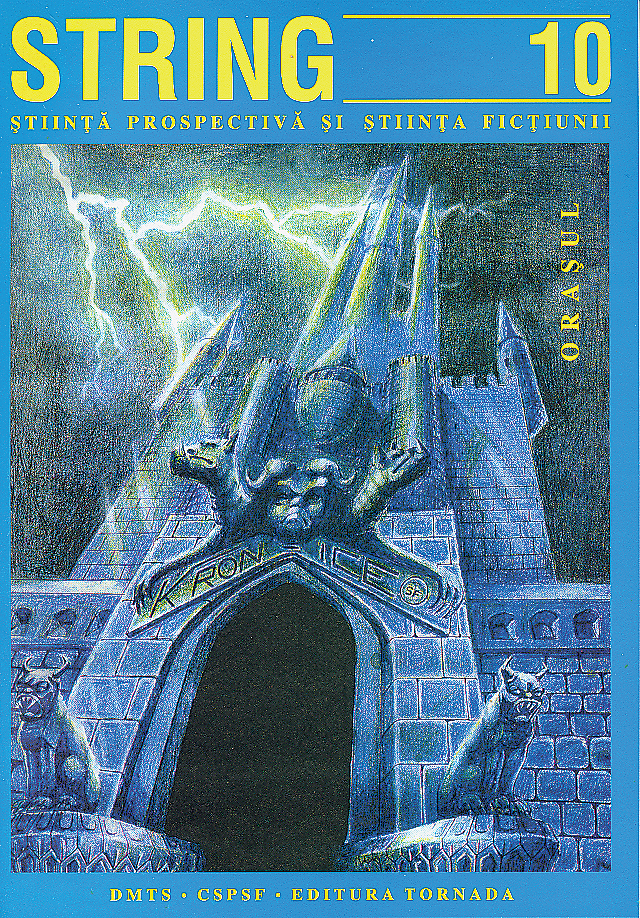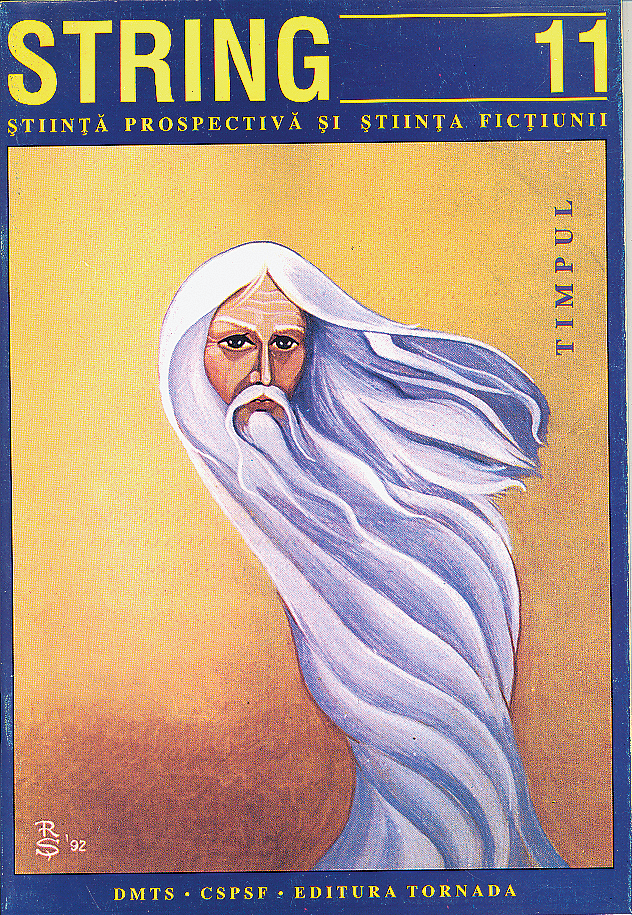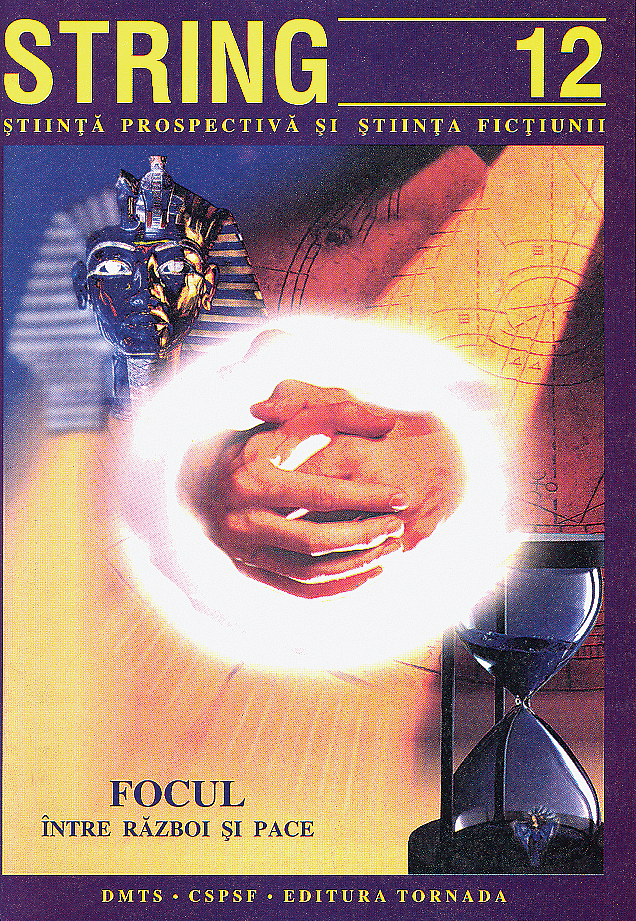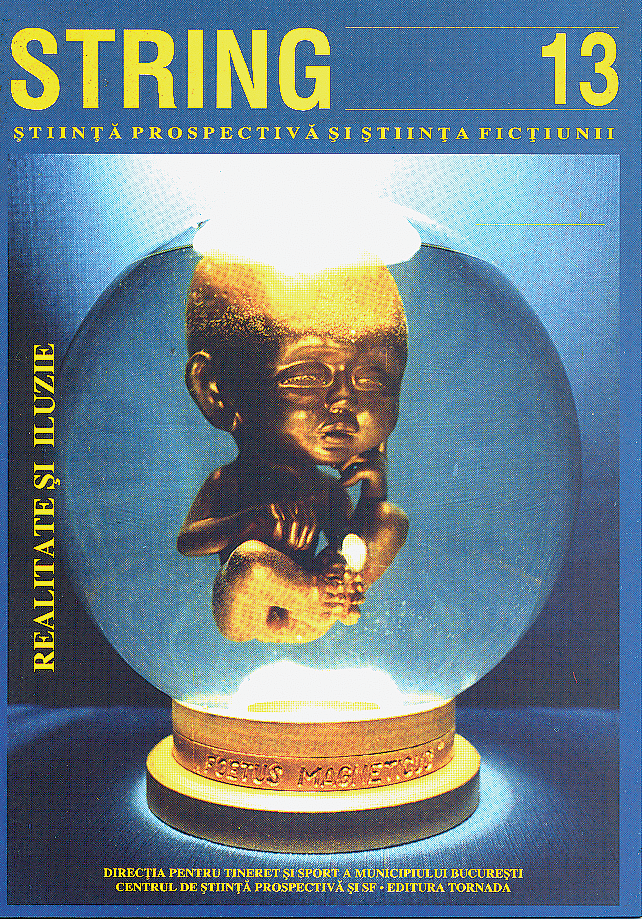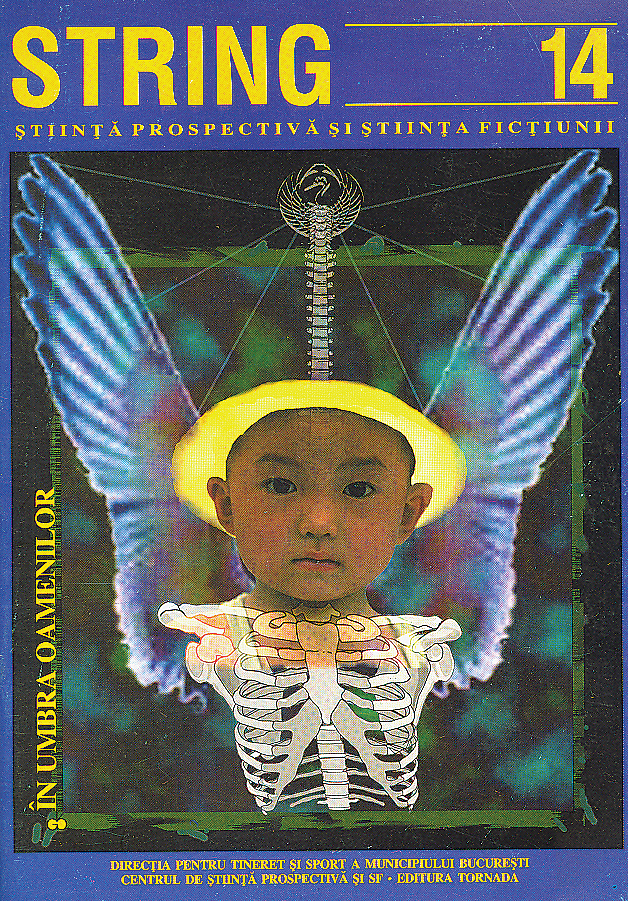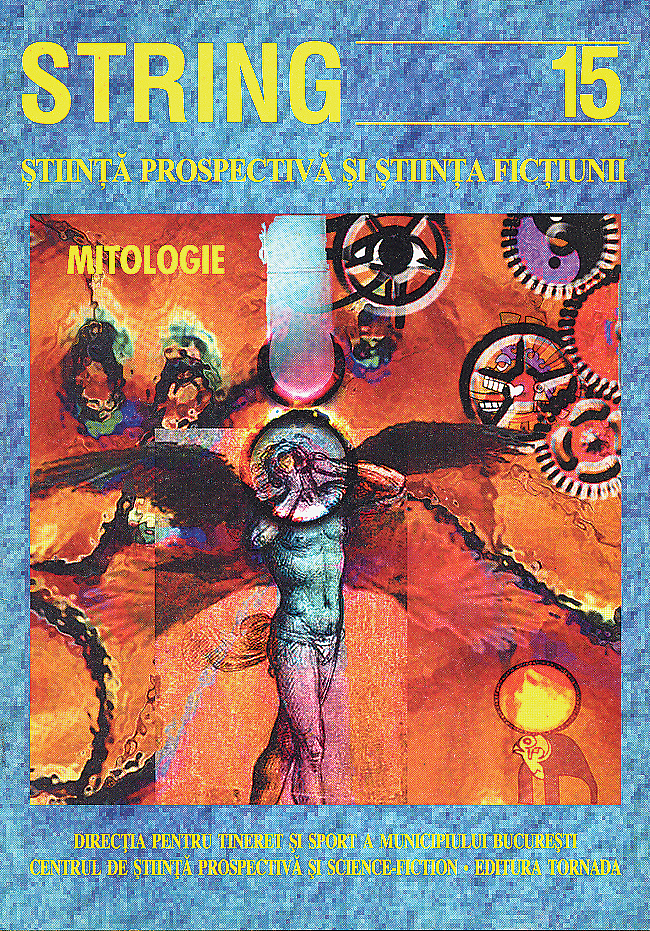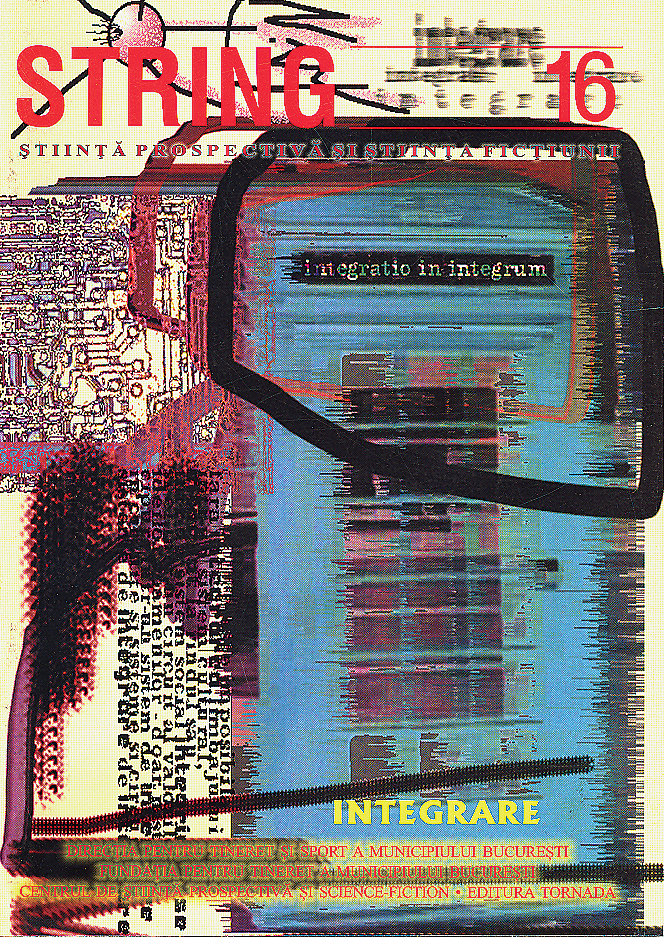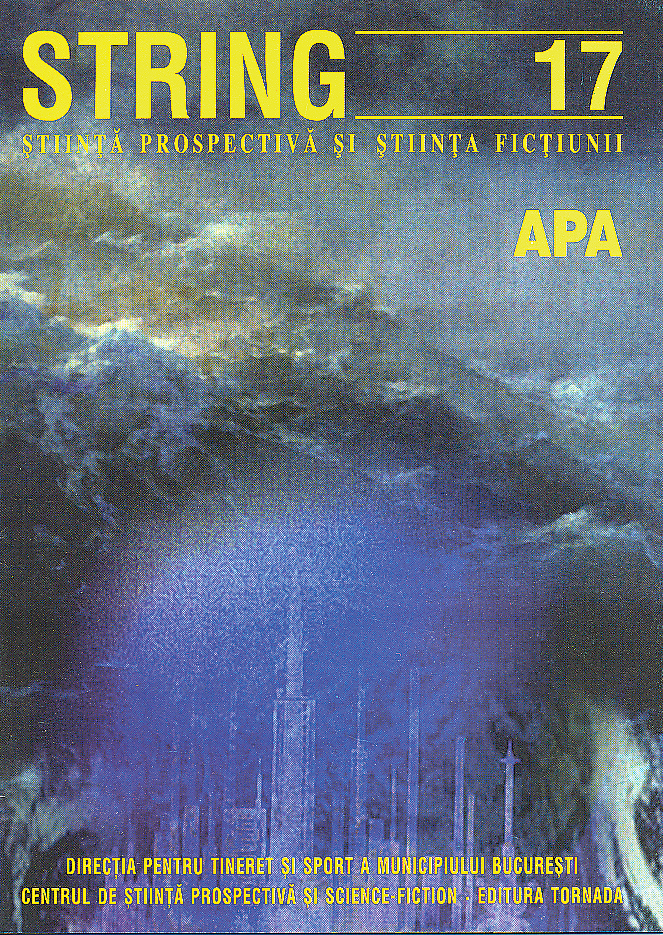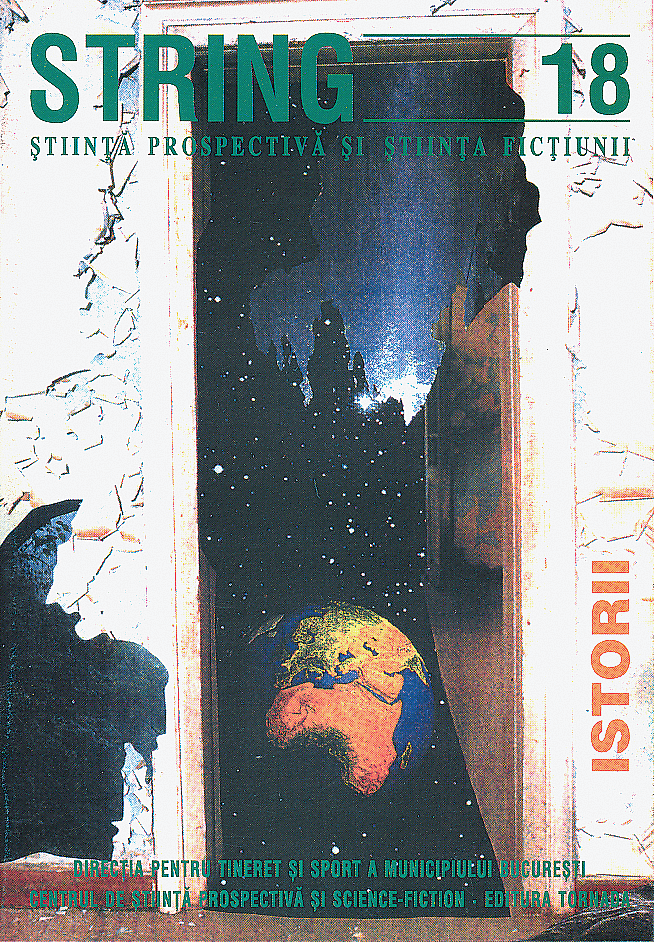Exploring dreams and the subconscious

Brief history: Indo-European Community, Persians with named trained professionals magus, Mesopotamians, Ancient Egypt, Ancient Greece, India, the Middle Ages, the emergence of psychoanalysis, the neuroscience of dreams
Notable achievements: the stages of sleep and the types of dreams were identified, the discovery of the cognitive functions of dreams, methods for the induction and control of dreams, the identification of factors that influence dreams, the development of methods of dream interpretation, the exploration of the role of dreams in healing and personal development, the esoteric explanation of the dream, notable achievements attributed to the subconscious (automation of processes, subliminal perception, implicit learning, creativity, the influence of emotions, implicit memory)
Exemplary stories: Sigmund Freud, Albert Einstein, Mary Shelley (author of the famous novel Frankenstein), Edgar Allan Poe (short stories such as Morella and Ligeia), Mircea Eliade, the inventor Elias Howe, the chemist Kekulé, the psychoanalyst Carl Jung, Allan Hobson ("The activation-synthesis hypothesis"), J. Allan Hobson ("the dream brain hypothesis"), Frederic Bartlett (the story War of the Ghosts, dream memory)
Gallery of portraits of scholars: Sigmund Freud, Carl Jung, Rudolf Steiner, Mircea Eliade
Exploration through Imaginary/Speculative Fiction. Fictional works dedicated to the dream and the subconscious: in literature, in cinematography, in the visual arts
Unclear hypotheses, conspiracies, mysteries: lucid dreams, premonitory dreams, intuition, premonition, somnambulism, hypnosis, out-of-body or out-of-body experiences, communication with spirits, déjà vu, ancestral memory, telepathy
Insights into dreams and the subconscious: psychodynamic perspective, cognitive perspective, neuroscientific perspective, evolutionary perspective, intercultural perspective, transpersonal perspective, non-scientific perspectives; the experimental study of dream content and recall, neuroscientific, studies on the neurobiology of dream-related sleep disorders, clinical research and therapeutic applications, cross-cultural and anthropological perspectives; examples of research projects (the role of dreams in memory consolidation, how dreams can help process traumatic emotions, genes that can influence the predisposition to lucid dreams)


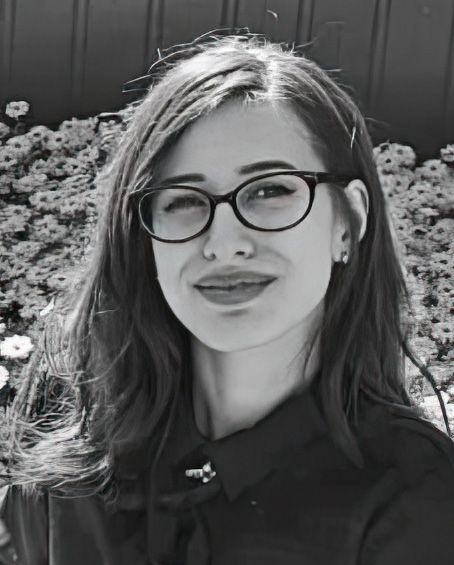
 Română
Română Deutsch
Deutsch English
English Español
Español Esperanto
Esperanto Français
Français Italiano
Italiano Latīna
Latīna Português
Português 中文(简体)
中文(简体) 日本語
日本語 한국어
한국어